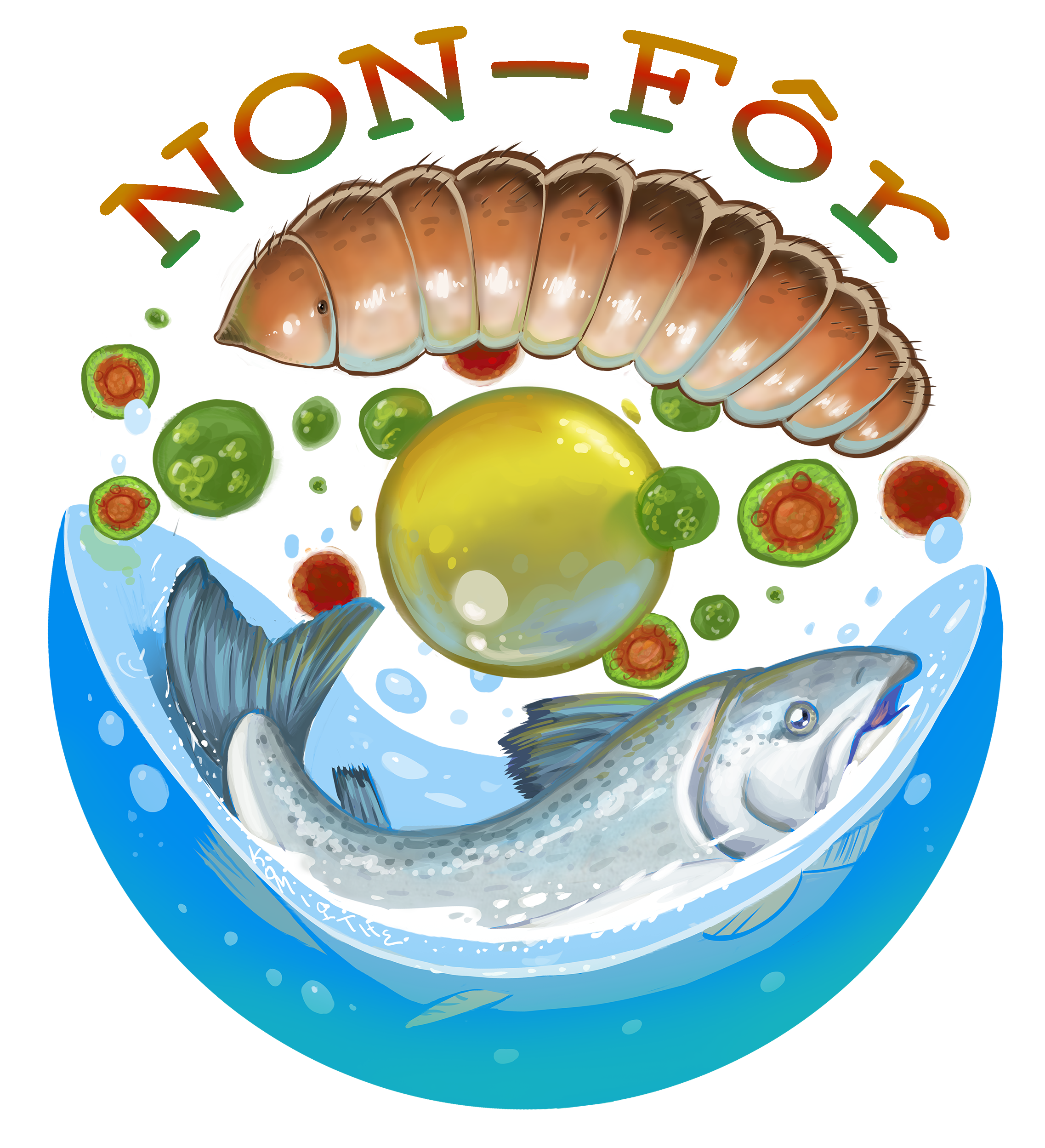Competitiveness of the Nordic aquaculture industry in the global marketplace can be improved by considering key cost drivers such as fish welfare and feed ingredients. The project consortium is ideally placed to help farmers enhance fish welfare at key brake-points in the production process, through the delivery of novel nutrient sources. The consortium has been carefully crafted to include a balanced mix of leading Nordic academic, institute and commercial partners, including industrial-scale novel ingredient producers as well as feed and farming companies. This team will have the competence and resources required to deliver the objectives as well as adopt a targeted approach to Responsible Research and Innovation. Sustainability will form a core component of the program, with the development of key criteria that can be quantified and made available for a range of stakeholders in the aquaculture value chain.
Nord University (NORD)
Faculty of Biosciences and Aquaculture (FBA) is the lead partner in the project NON-Fôr. FBA has a long history of research on fish nutrition, welfare, aquatic animal health, biotechnology, seafood quality and reproduction of different aquaculture species. FBA has a strong track record in research on modern diets and in particular on the potential of microalgae as unique and sustainable biotechnological production systems for food and feed.
Professor Mette Sørensen (Mette.sorensen@nord.no),the dean of FBA is the leader of the project NON-Fôr. 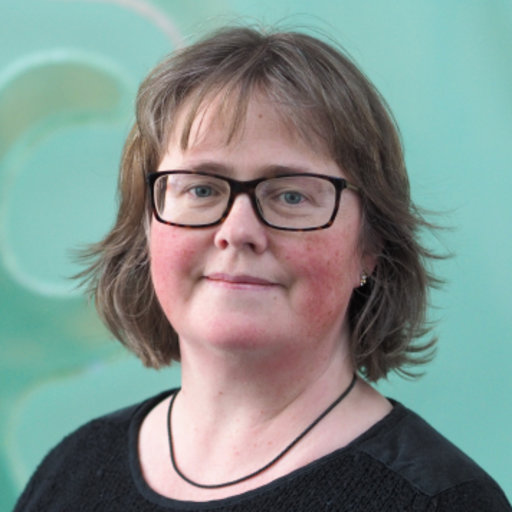 Mette has worked for many years on different aspects of fish nutrition and feed manufacturing technology. Her research interests include alternative feed ingredients, extrusion technology and feed pellet quality. Professor Kiron Viswanath (Kiron.viswanath@nord.no)
Mette has worked for many years on different aspects of fish nutrition and feed manufacturing technology. Her research interests include alternative feed ingredients, extrusion technology and feed pellet quality. Professor Kiron Viswanath (Kiron.viswanath@nord.no)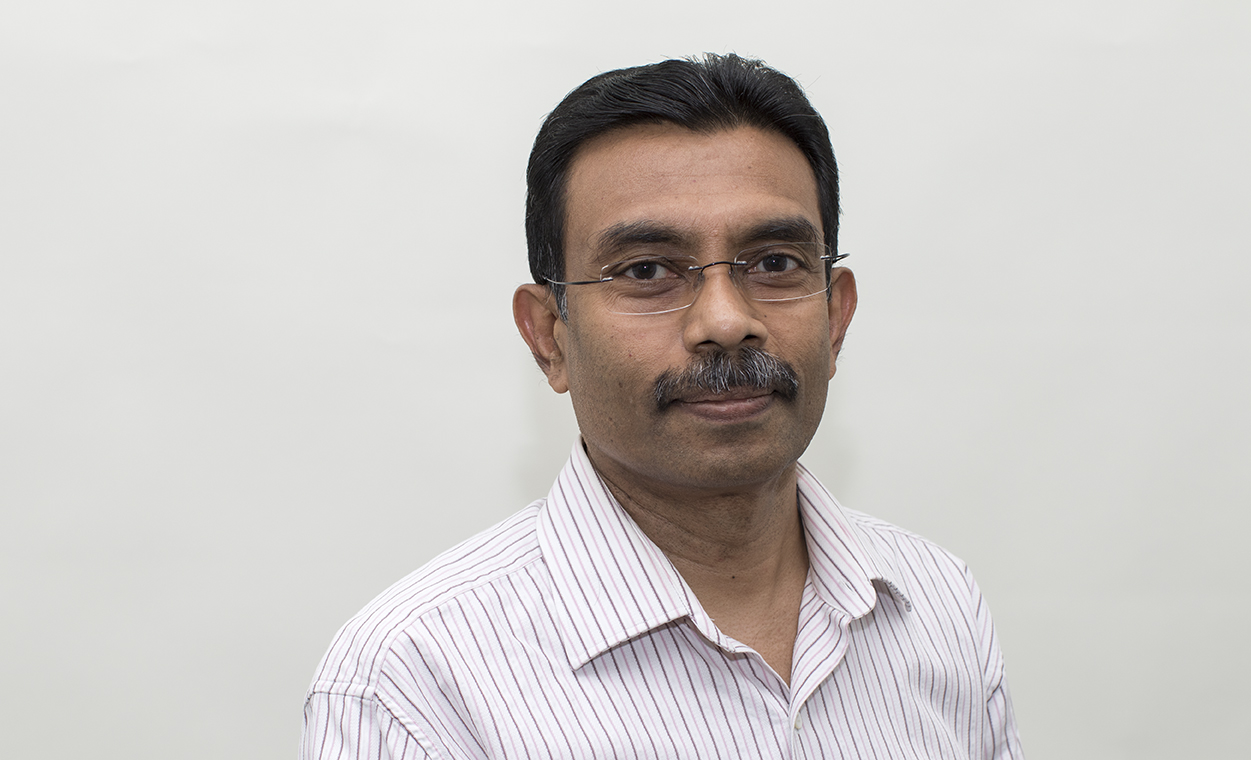 is an expert in nutrition and health of fish. His current research covers preventive health care, functional additives, gut health, microbiome of fish and microalgae biotechnology. Kiron Viswanath will serve as a deputy to Professor Mette Sørensen and support various activities of the project. Associate Professor Prabhat Khanal (prabhat.khanal@nord.no)
is an expert in nutrition and health of fish. His current research covers preventive health care, functional additives, gut health, microbiome of fish and microalgae biotechnology. Kiron Viswanath will serve as a deputy to Professor Mette Sørensen and support various activities of the project. Associate Professor Prabhat Khanal (prabhat.khanal@nord.no)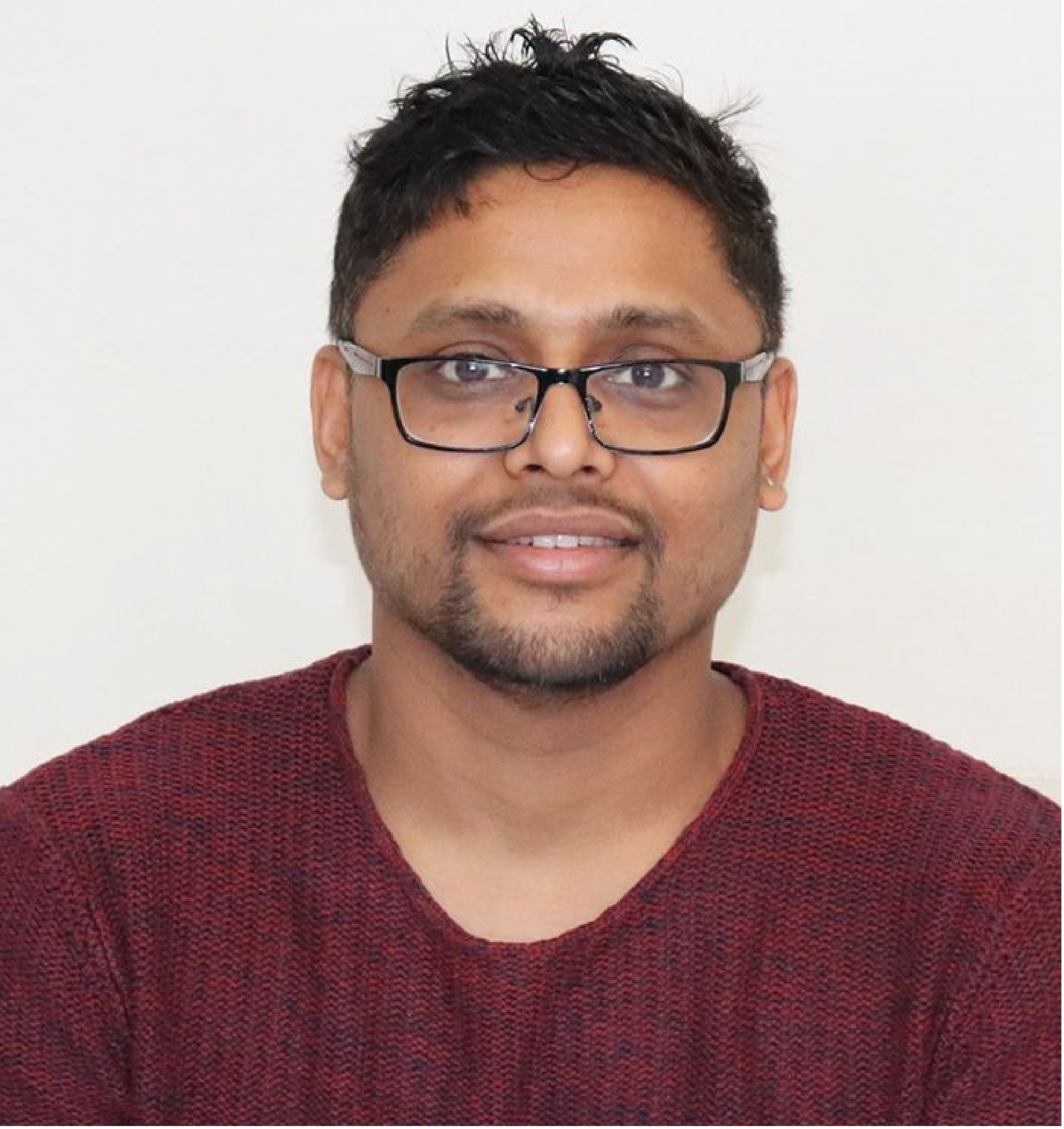 is an animal nutritionist with a background in nutritional programming, metabolic phenotyping and fetal programming. He is currently performing research to understand the potential of next generation feed ingredients (insect meal and macroalgae) for animal nutrition. Insect meal produced in one of his current projects will be tested in the NON-Fôr experiments.
is an animal nutritionist with a background in nutritional programming, metabolic phenotyping and fetal programming. He is currently performing research to understand the potential of next generation feed ingredients (insect meal and macroalgae) for animal nutrition. Insect meal produced in one of his current projects will be tested in the NON-Fôr experiments.
FBA will be carrying out its administrative responsibilities by coordinating the different activities and reporting to Nordforsk (WP5). In addition, NORD will conduct a laboratory experiment proposed in WP3.
Aarhus University (AU)
The Department of Food and Science of Aarhus University (AU-FOOD), Aarhus, Denmark is a partner in NON-Fôr. The department has excellent capabilities and resources as well as active national and international networks. The scientists there are therefore able to make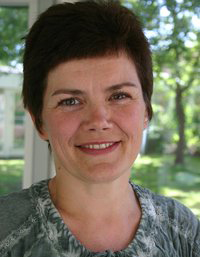 significant contributions to tackle current food-related global challenges: food supply, food wastage, sustainable food production under altered climatic conditions, and increased occurrence of lifestyle-related diseases.
significant contributions to tackle current food-related global challenges: food supply, food wastage, sustainable food production under altered climatic conditions, and increased occurrence of lifestyle-related diseases.
Within the NON-Fôr-project, AU-FOOD will be responsible for tasks under WP1 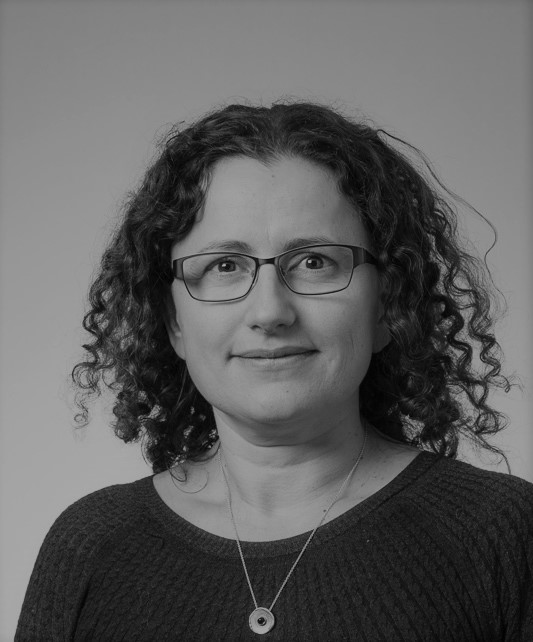 wherein protein quality will be the main focus. Processing-caused alteration in free and protein-bound amino acids, racemization, biogenic amines will be studied in WP1. Associate professor Trine Kastrup Dalsgaard (Trine.dalsgaard@food.au.dk) is in charge of WP1 activities in NON-Fôr project along with Marianne Danielsen (Marianne.danielsen@food.au.dk) who is the staff scientist responsible for analyses part of the project.
wherein protein quality will be the main focus. Processing-caused alteration in free and protein-bound amino acids, racemization, biogenic amines will be studied in WP1. Associate professor Trine Kastrup Dalsgaard (Trine.dalsgaard@food.au.dk) is in charge of WP1 activities in NON-Fôr project along with Marianne Danielsen (Marianne.danielsen@food.au.dk) who is the staff scientist responsible for analyses part of the project.
Technical University of Denmark (DTU)
National Food Institute is a research institute and consists of six divisions: Food Chemistry, Industrial Food Research, Nutrition, Food Microbiology, Epidemiology and Microbial Genomics, and Toxicology and Risk Assessment. The Institute focuses on public health, and conducts research connected to nutrition, food safety, environment and health. The institute monitors national food consumption patterns and food safety and provides diagnostic services.
Associate Professor Aberham Hailu Feyissa (abhfe@food.dtu.dk), with expertise in food process engineering, focuses on modelling of heat and mass transfer in food processing. 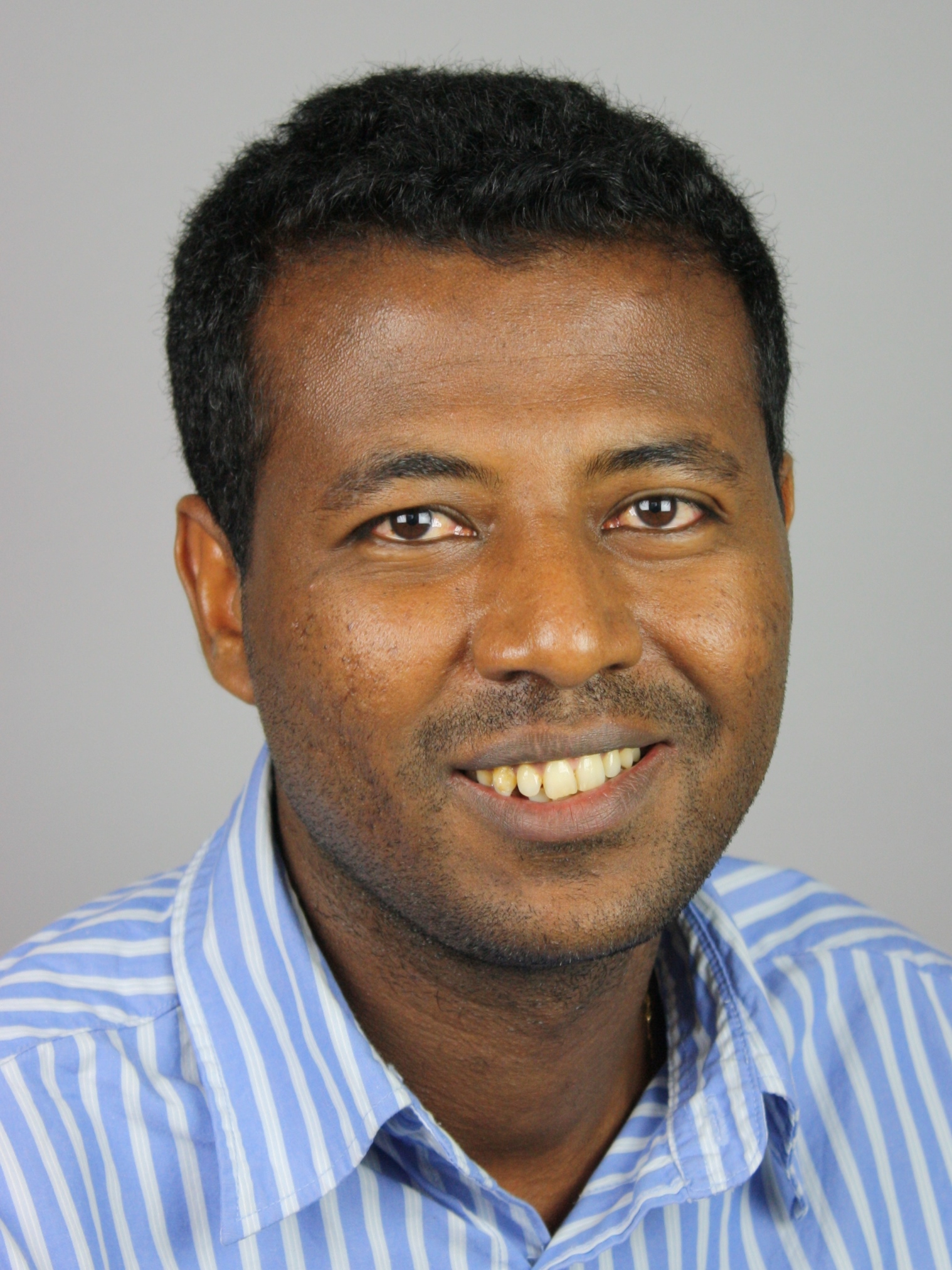 He has considerable experience in modelling, food process design for better quality, and optimization of existing and new technology for processing of food products. In this project, he will be in charge of processing and modelling.
He has considerable experience in modelling, food process design for better quality, and optimization of existing and new technology for processing of food products. In this project, he will be in charge of processing and modelling.
Associate Professor Mohammad Amin Mohammadifar (moamo@food.dtu.dk) 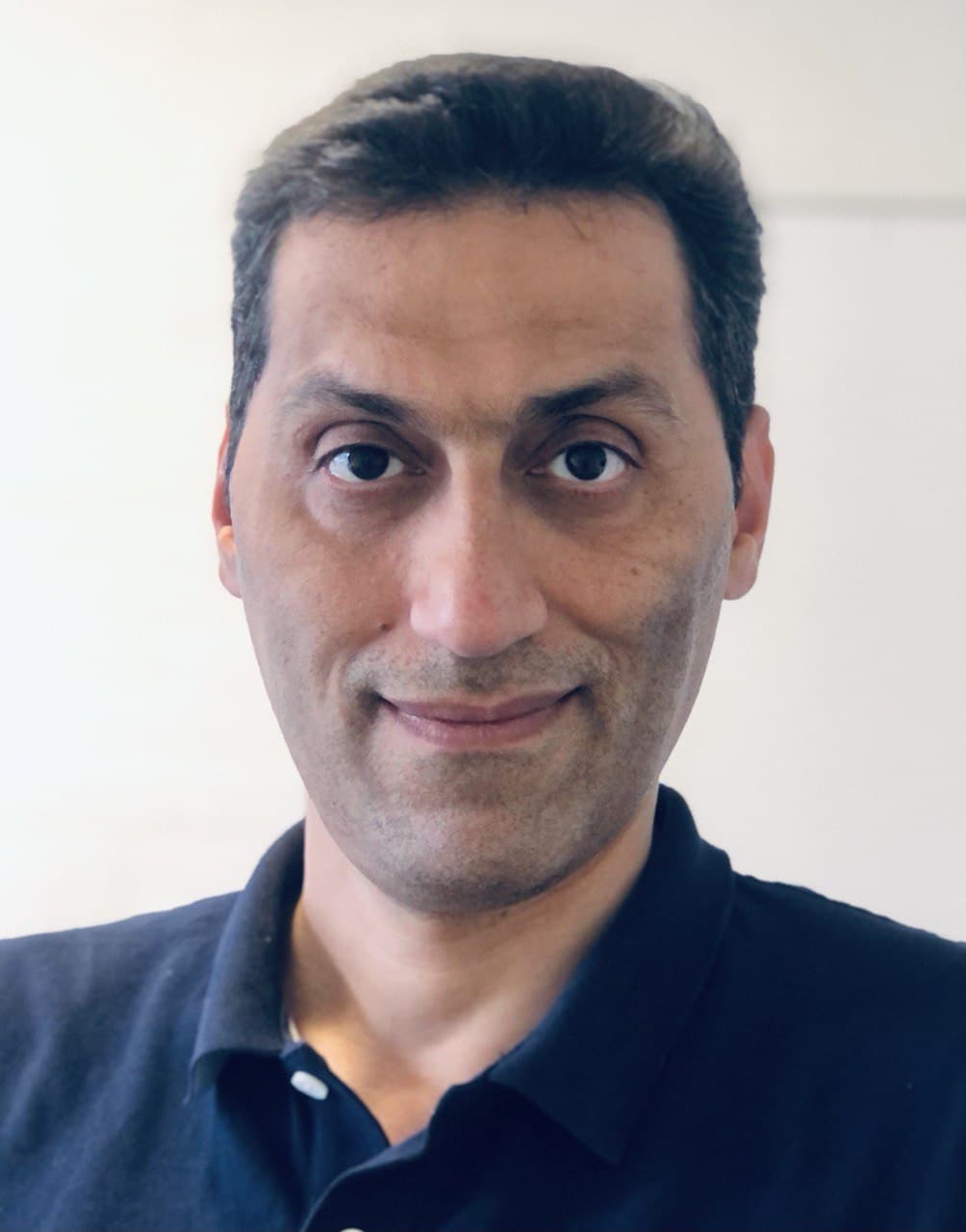 is the group leader of the research group, Food Production Engineering at DTU. He has considerable experience in food rheology and food ingredient interactions. His research priorities are to develop desired textures by understanding supramolecular properties of the food ingredients and their interactions
is the group leader of the research group, Food Production Engineering at DTU. He has considerable experience in food rheology and food ingredient interactions. His research priorities are to develop desired textures by understanding supramolecular properties of the food ingredients and their interactions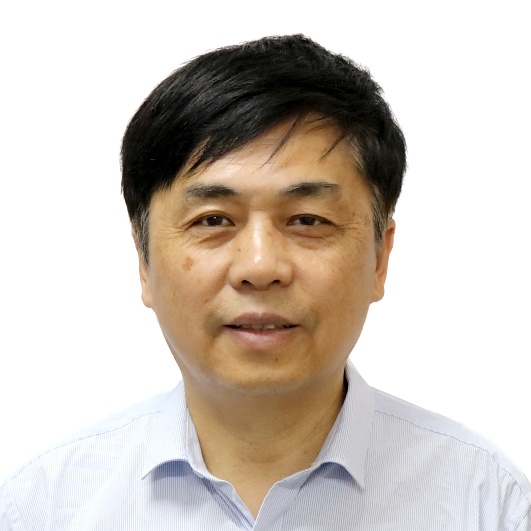 with other food components. In this project, he will be studying rheology of the formulated fish feeds and the interactions between the ingredients. Hongyuan Cheng (hyc@thermoextrusion.com) is an expert in fish feed extrusion process modelling and production line analysis. He has established models to predict or compute fish feed pellet properties. He will investigate extrusion-caused changes in ingredient rheology and protein property. Thus, he will provide a more understanding of the effects of new ingredients and extrusion conditions on feed pellet quality parameters.
with other food components. In this project, he will be studying rheology of the formulated fish feeds and the interactions between the ingredients. Hongyuan Cheng (hyc@thermoextrusion.com) is an expert in fish feed extrusion process modelling and production line analysis. He has established models to predict or compute fish feed pellet properties. He will investigate extrusion-caused changes in ingredient rheology and protein property. Thus, he will provide a more understanding of the effects of new ingredients and extrusion conditions on feed pellet quality parameters.
The team DTU, with their expertise in process engineering and modelling and support linked to investigation of the effects of ingredients and extrusion process conditions on the fish feed quality will be responsible for the tasks under WP2.
LetSea AS
LetSea AS was established in 2001 and has been over the years recognized as a major contributor to applied research on salmon, trout and cod for the aquaculture industry.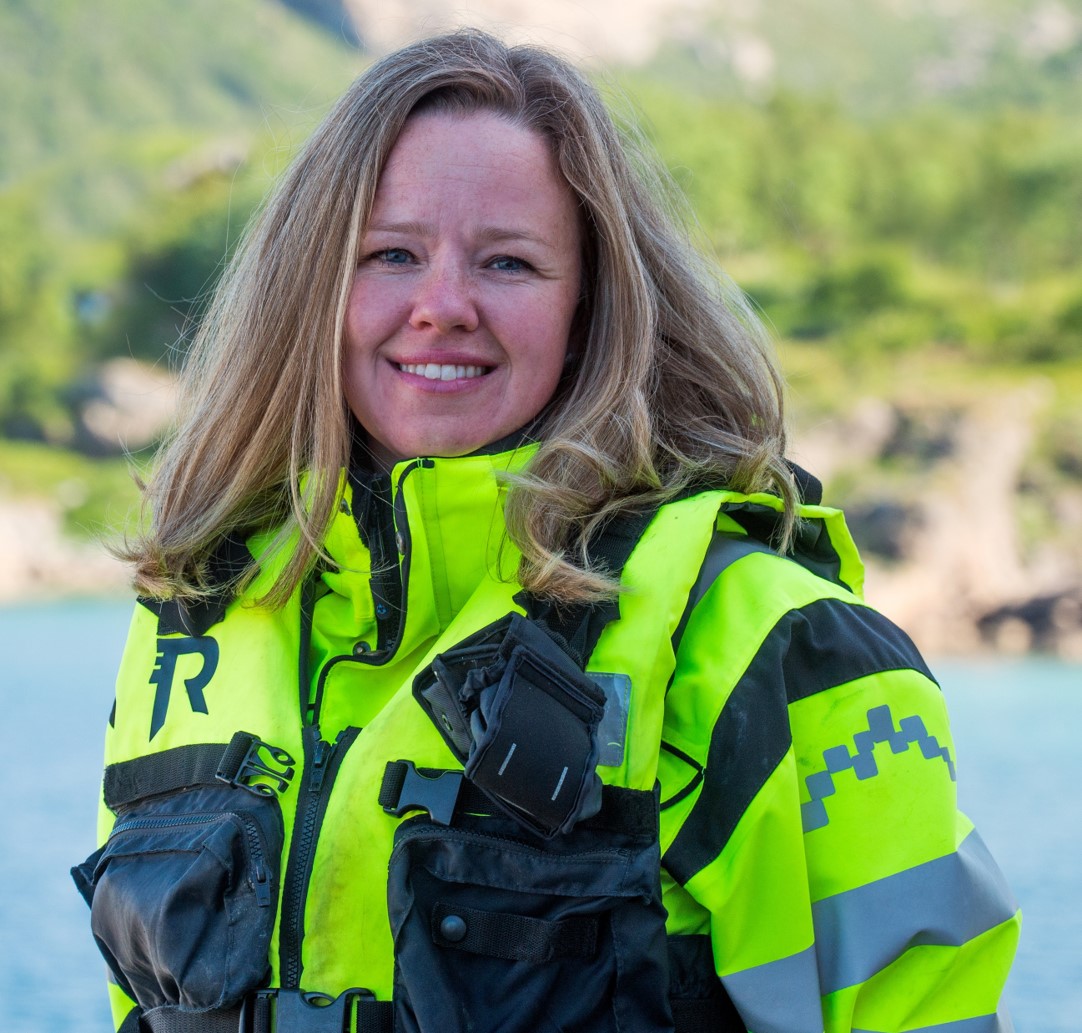 The company has a broad range of experience and competence within activities including advance sampling, nutritional studies, fish health and environmental inspections for aquaculture production.
The company has a broad range of experience and competence within activities including advance sampling, nutritional studies, fish health and environmental inspections for aquaculture production. 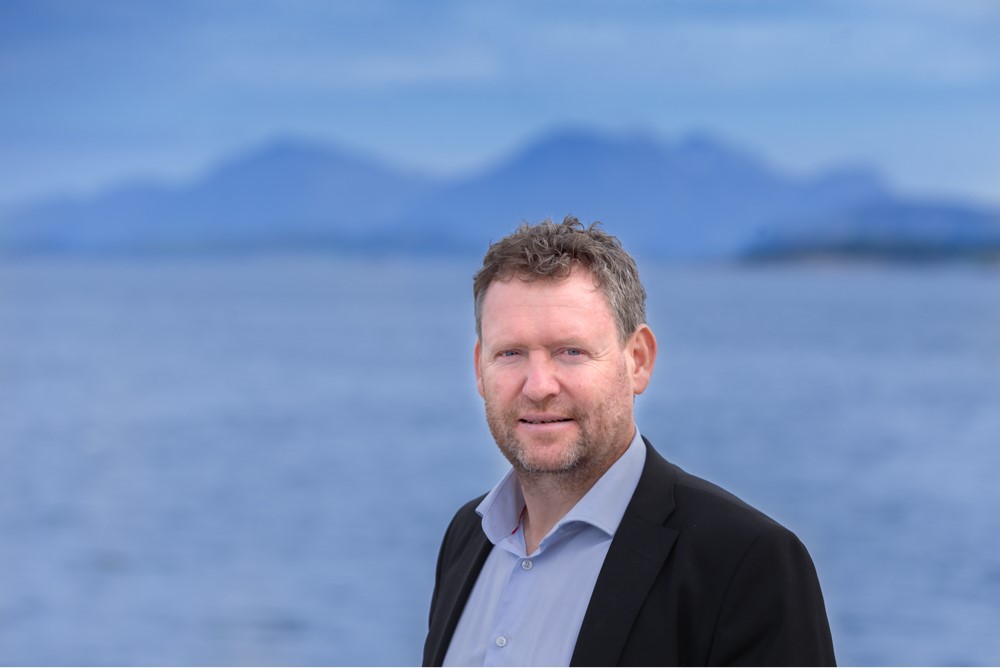 The main area of experimental activity is related to feeds, testing of raw materials, digestibility, feeding strategies and benchmarking in addition to sampling strategies and methods. LetSea also conducts experiments related to fish health during vaccine trials, sensitivity tests of delousing agents, testing of new technology/equipment and evaluation of new species for biological control of lice.
The main area of experimental activity is related to feeds, testing of raw materials, digestibility, feeding strategies and benchmarking in addition to sampling strategies and methods. LetSea also conducts experiments related to fish health during vaccine trials, sensitivity tests of delousing agents, testing of new technology/equipment and evaluation of new species for biological control of lice.
The team will be strongly committed to the project, mainly to WP3, that is led by Henriette Hanssen (henriette@letsea.no), but also to workshops and network activities. Kristian Johnsen (kristian@letsea.no) has a key role to connect this project to other ongoing and future projects.
Biomar AS
BioMar AS, the global leader in aquafeed production, was founded in 1962 by Danish fish farmers. Now it supplies high-performance diets to fish and shrimp farmers in around 80 countries. The company is committed to following the 1.5°C pathway by reducing GHG emissions. BioMar continues the innovation journey and is set to revolutionize the sector with the next generation of sustainable aqua feeds.
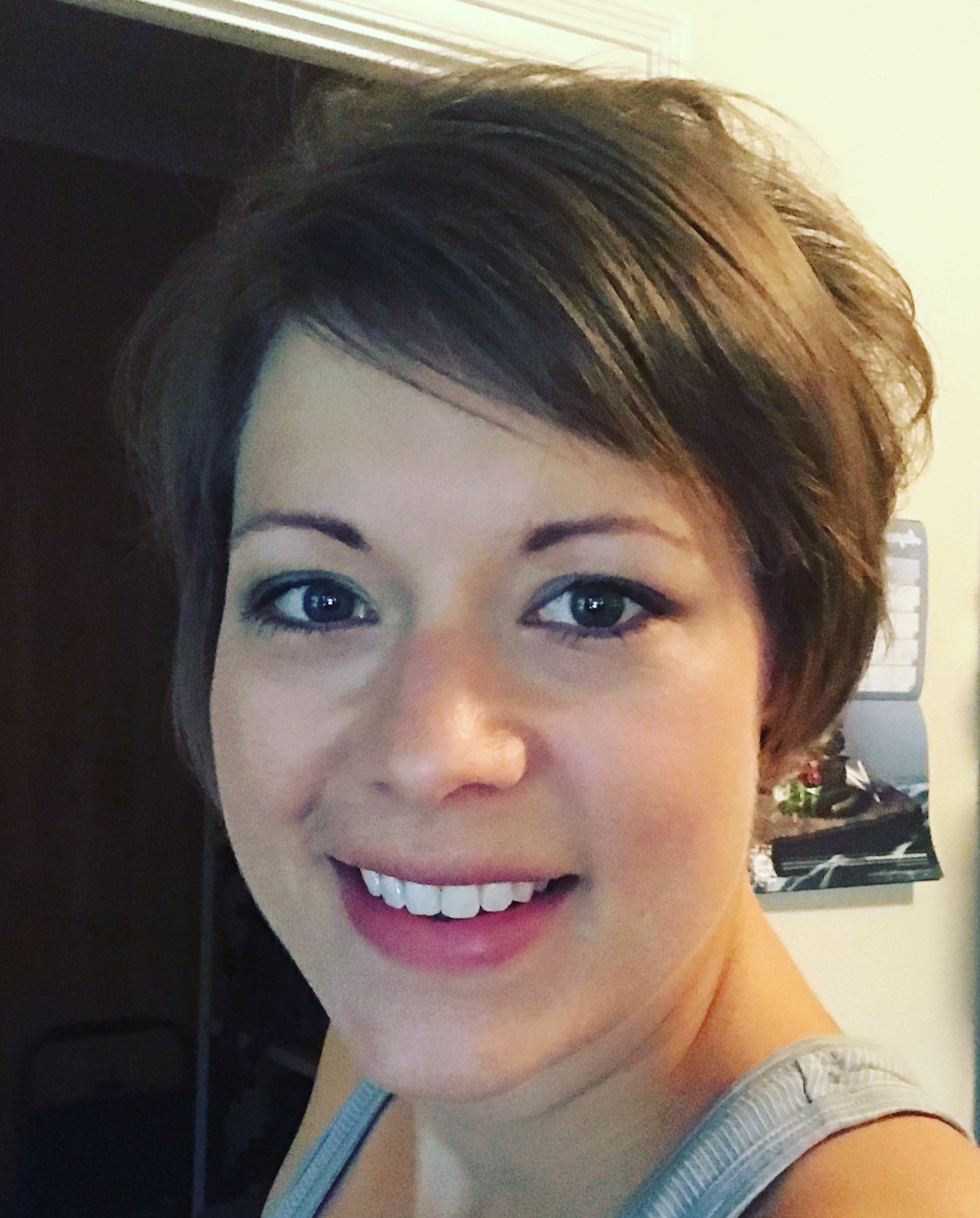
Dr. Kyla Zatti is the Sustainable Nutrition and Raw Material Lead and an R&D Scientist in BioMar AS. Kyla holds a Ph.D. in Animal Science from the University of Saskatchewan, Canada, where she specialised in aquaculture. She has spent 15 years working in aquaculture research, with six of those being within the industry. She has been involved with transforming salmon feeds by adopting breakthrough innovations, including creating the first feeds with microalgae as a substitute for marine resources. Dr. Kyla is proactively engaged in the NON-Fôr project.
Riga Technical University (RTU)
Institute of Energy Systems and Environment (IESE), RTU is one of the leading research institutes in Latvia and an internationally recognized institute. The scientists at RTU focus on research related to energy and environmental science. The main research areas of the institute are environment protection, demand side management, renewable energy (production and use) and its environmental and climate aspects, combustion technologies, climate technologies, eco-design, LCA, etc.
Dr.sc.ing. Jeļena Pubule (jelena.pubule@rtu.lv) has extensive experience in life cycle assessment, cost-benefit analysis, bioeconomy and environmental impact assessment. Her expertise is important for the implementation of this project. Dr.habil.sc.ing. Dagnija Blumberga (dagnija.blumberga@rtu.lv) has participated in 10 international projects, and in 6 of them
cost-benefit analysis, bioeconomy and environmental impact assessment. Her expertise is important for the implementation of this project. Dr.habil.sc.ing. Dagnija Blumberga (dagnija.blumberga@rtu.lv) has participated in 10 international projects, and in 6 of them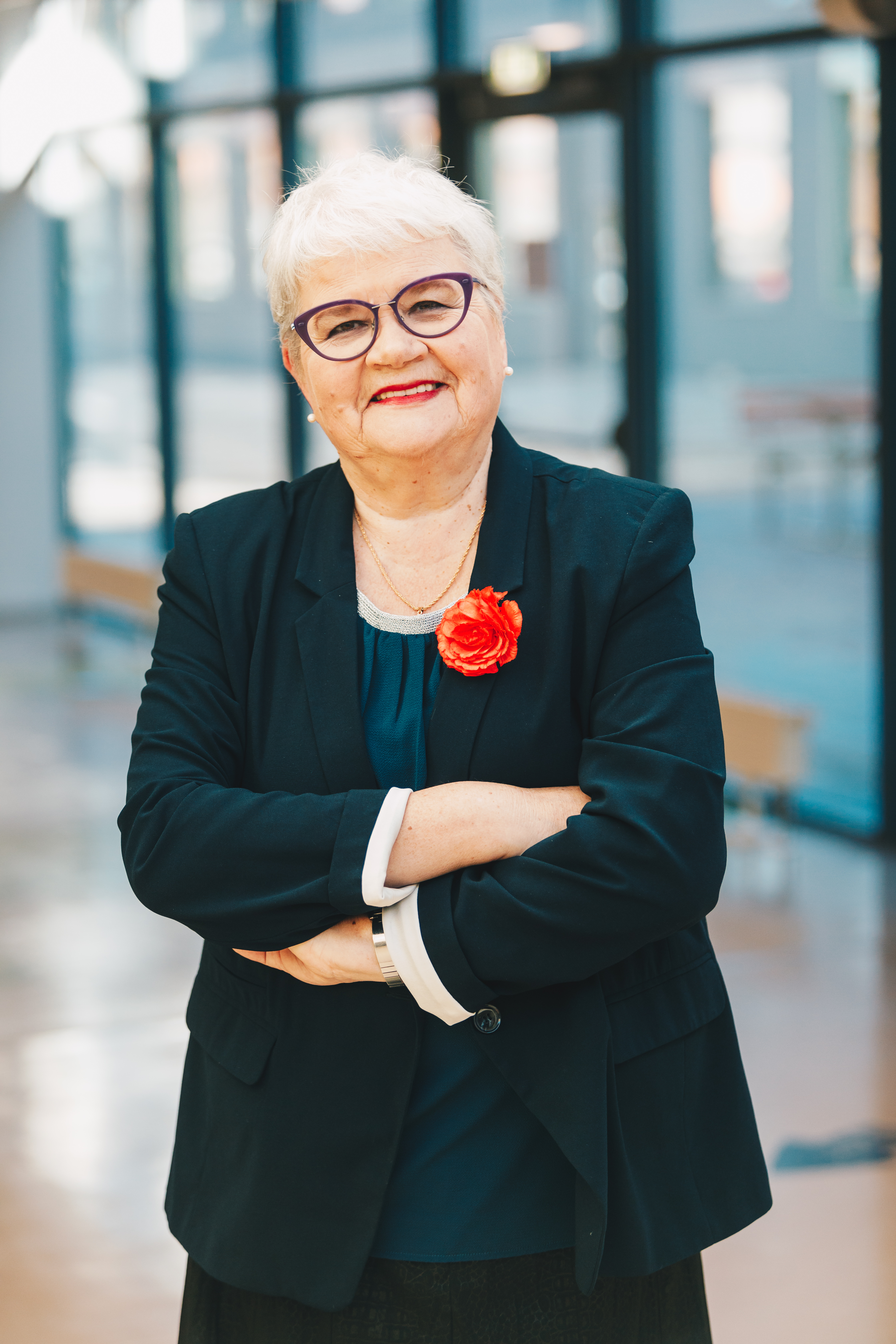 she was the project leader. She has participated in more than 30 local projects and contract works. In 2017, she was the scientist of the year at RTU. Dr.sc.ing. Francesco Romagnoli (francesco.romagnoli@rtu.lv), has immense knowledge on LCA, cost-benefit analysis, dynamic modelling, biogas, biorefinery, biofuels. His main contribution will be consultation and quality control on LCA. M.sc.biol. Krišs Spalviņš (kriss.spalvins@rtu.lv), an expert in biology and microbiology, is currently running the biosystems laboratory at IESE. He integrates knowledge in microbiology and environmental engineering that are generated in University of Latvia, RTU and the University of Regensburg (Germany). M.sc. Antra Kalnbaļķīte (antra.kalnbalkite@rtu.lv) is an expert in sustainability assessment and environmental evaluation.
she was the project leader. She has participated in more than 30 local projects and contract works. In 2017, she was the scientist of the year at RTU. Dr.sc.ing. Francesco Romagnoli (francesco.romagnoli@rtu.lv), has immense knowledge on LCA, cost-benefit analysis, dynamic modelling, biogas, biorefinery, biofuels. His main contribution will be consultation and quality control on LCA. M.sc.biol. Krišs Spalviņš (kriss.spalvins@rtu.lv), an expert in biology and microbiology, is currently running the biosystems laboratory at IESE. He integrates knowledge in microbiology and environmental engineering that are generated in University of Latvia, RTU and the University of Regensburg (Germany). M.sc. Antra Kalnbaļķīte (antra.kalnbalkite@rtu.lv) is an expert in sustainability assessment and environmental evaluation.
RTU will be leading WP4. RTU’s task is to conduct the sustainability assessment of fish feed products, analyse and evaluate alternative salmon non-food feed ingredients and products. RTU will develop a composite index for sustainability assessment of fish feed products and will be responsible for the life cycle analysis.
NCE Aquaculture
The NCE Aquaculture cluster represents world leading companies with strong expertise in farming of Atlantic salmon. The business cluster includes companies within production of fry and edible fish, processing, feed production, technology, health and environment, finance, research and training. The NCE aquaculture has 12 committed partners, including some of the world’s largest salmon farming companies. The priority of NCE aquaculture is to improve practice and technologies in the salmon industry and this project taps into the prioritized areas of start-feeding, smolts and on-growth phases as well as sustainability.
Malin Johansen (mj@kpb.no) has experience in aquaculture with a special emphasis on innovation and management. Today she is the general manager of NCE Aquaculture, and she manages several projects involving in R&D in aquaculture, linked to both biosciences and technology. 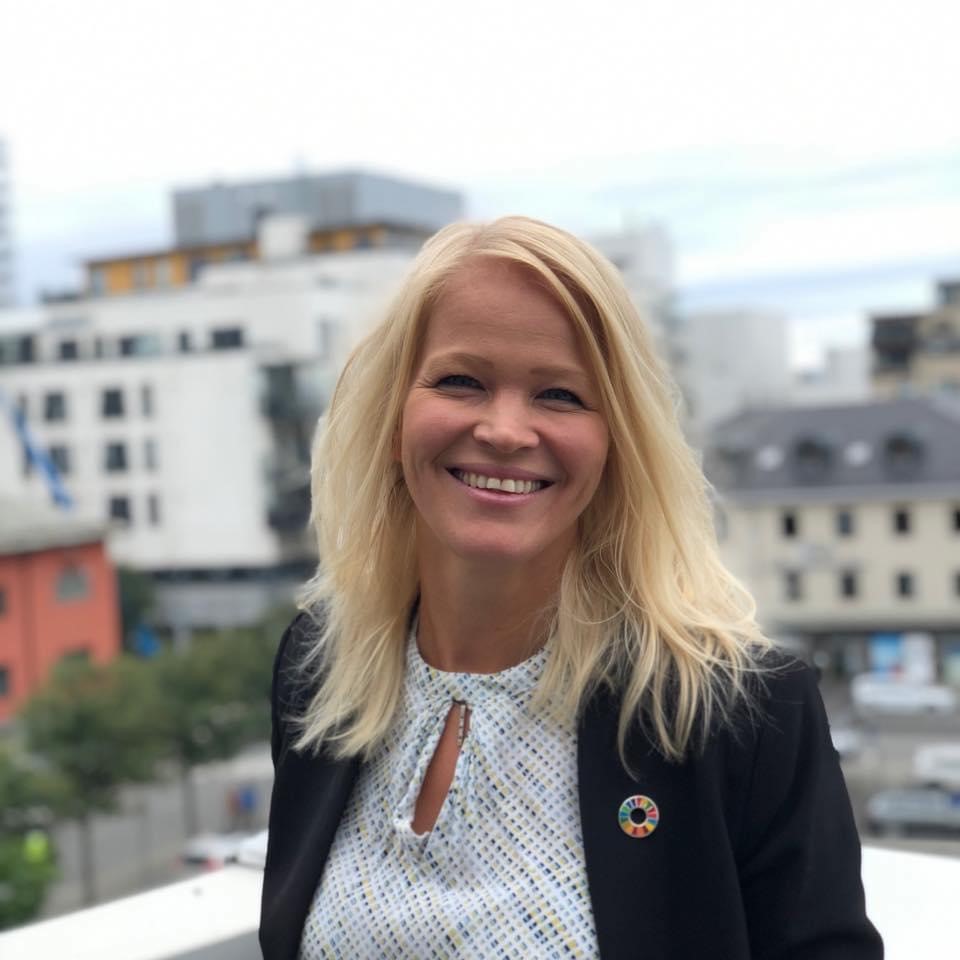 She is also involved in innovation project to produce new feed ingredients for aquaculture. She is excellent in project management and has a large network in the aquaculture industry in Norway. Ann Cecilie Hilling (acuh@kpb.no) has experience in Aquaculture with special emphasis on technology and seafood quality. She has years of experience in both supply industry and education in aquaculture. She is currently the project manager of several R&D projects that tap into both smolt production, broodstock and technology for the aquaculture industry, digitalization and robotics.
She is also involved in innovation project to produce new feed ingredients for aquaculture. She is excellent in project management and has a large network in the aquaculture industry in Norway. Ann Cecilie Hilling (acuh@kpb.no) has experience in Aquaculture with special emphasis on technology and seafood quality. She has years of experience in both supply industry and education in aquaculture. She is currently the project manager of several R&D projects that tap into both smolt production, broodstock and technology for the aquaculture industry, digitalization and robotics.
The NCE aquaculture will lead WP5 and will also facilitate efficient communication among the partners in the project, and ensure strong involvement of the aquaculture industry, with partners covering the entire value chain.
Ecoprot AS
EcoProt AS is a start-up company, established on 25th January 2019. The main aim of the company is “Organic production of insect larvae and processing of larvae and 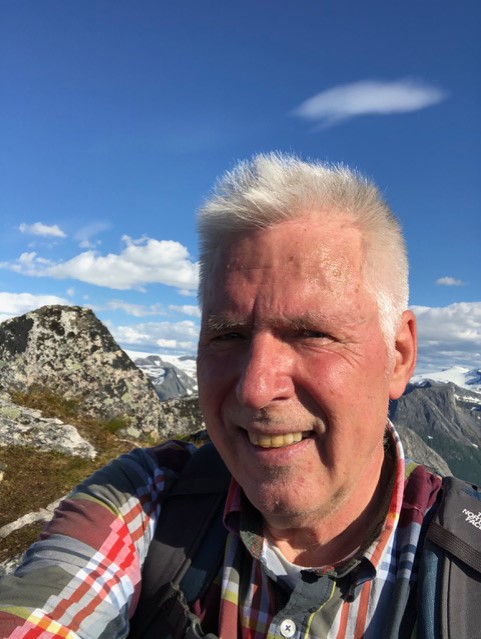 by-products as well as other related activities”. Participation in the project is important for documentation of the product quality, and results from the project is important for the scale up plans of the company. Ole Torrissen (olet@maricult.com), with his vast expertise in fish nutrition and marine sciences will take part in WP3 and WP4. He will also contribute to workshop meetings and communication to industry as well as dissemination of findings (WP5).
by-products as well as other related activities”. Participation in the project is important for documentation of the product quality, and results from the project is important for the scale up plans of the company. Ole Torrissen (olet@maricult.com), with his vast expertise in fish nutrition and marine sciences will take part in WP3 and WP4. He will also contribute to workshop meetings and communication to industry as well as dissemination of findings (WP5).
FjordAlg AS
FjordAlg AS is a startup company with a goal to produce microalgae for a more sustainable aquaculture industry in Norway. 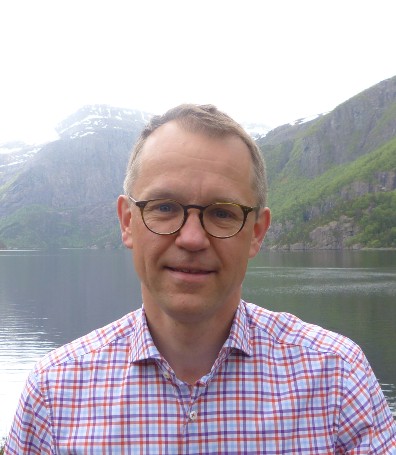 At present the company is producing microalgae that can be used to replace synthetic astaxanthin in fish feed. The founder Gabriel Ossenkamp (post@fjordalg.com) has a background in chemical processing and holds a PhD in chemistry. FjordAlg will provide astaxanthin for experiments proposed in WP2 and WP3. Ossenkamp will also take part in sustainability assessment in WP4 and dissemination activities in WP5.
At present the company is producing microalgae that can be used to replace synthetic astaxanthin in fish feed. The founder Gabriel Ossenkamp (post@fjordalg.com) has a background in chemical processing and holds a PhD in chemistry. FjordAlg will provide astaxanthin for experiments proposed in WP2 and WP3. Ossenkamp will also take part in sustainability assessment in WP4 and dissemination activities in WP5.
Veramaris
After two years of extensive research and development, DSM and Evonik launched Veramaris in 2018, as an equal joint venture. 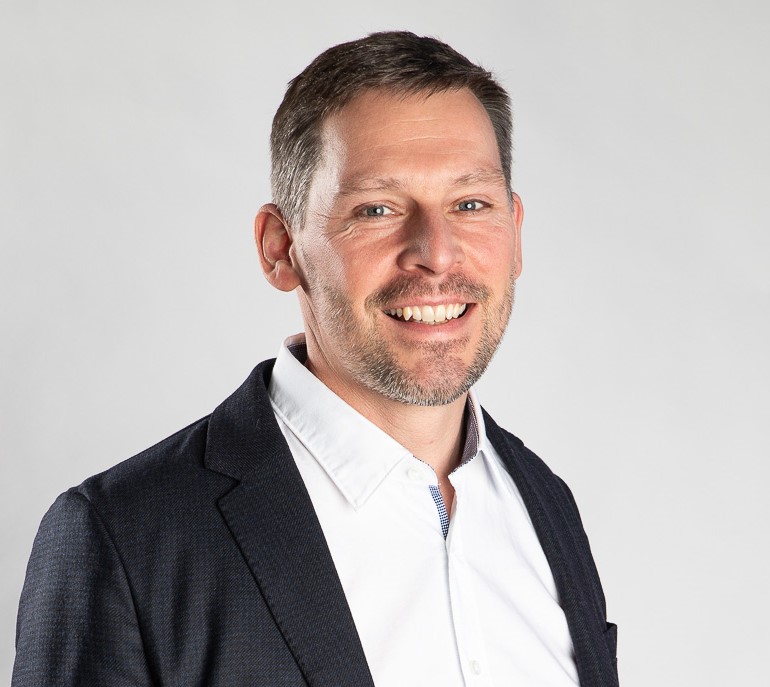 Veramaris offers a solution for the reliable supply of omega-3, and the company produces algal oil on and industrial scale. Veramaris will provide microalgal oil for the feeding experiments in WP3. Ian Carr ( ian.carr@veramaris.com) from Veramaris will be closely working with the project .
Veramaris offers a solution for the reliable supply of omega-3, and the company produces algal oil on and industrial scale. Veramaris will provide microalgal oil for the feeding experiments in WP3. Ian Carr ( ian.carr@veramaris.com) from Veramaris will be closely working with the project .
Agro-engineering ApS
Agro-engineering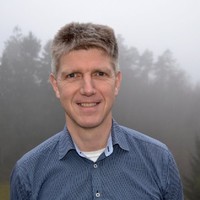 cooperates with a lot of the leading European and Chinese manufactures and dealers. Focus areas are mainly design and upgrades of feed factories, aqua feed plants and pet food factories. Thomas Munk (tmu@agroengineering.dk) will support the tasks in WP2, with his vast knowledge of handling different raw materials and feed processing, e.g. dosing, extrusion process and primary coating.
cooperates with a lot of the leading European and Chinese manufactures and dealers. Focus areas are mainly design and upgrades of feed factories, aqua feed plants and pet food factories. Thomas Munk (tmu@agroengineering.dk) will support the tasks in WP2, with his vast knowledge of handling different raw materials and feed processing, e.g. dosing, extrusion process and primary coating.
